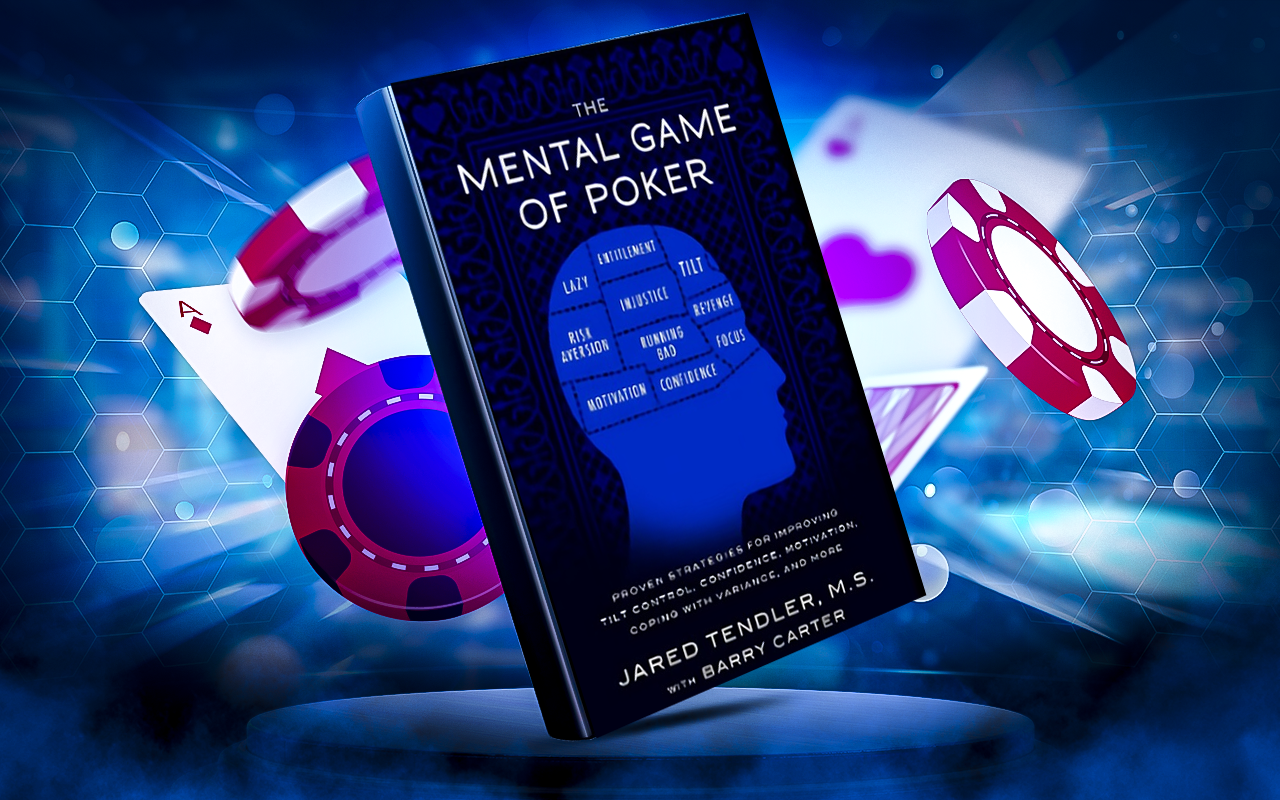Эмоции — это не проблема. Это ключ к обретению мастерства! В отличие от классической покерной психологии, которая рассматривает эмоции как врага, эта книга предлагает другой взгляд: эмоции могут стать вашим помощником на пути к успеху. Давайте разберемся, как правильно воспринимать свои эмоции за покерным столом и использовать их для улучшения игры.
🔍 Эмоции как осведомители
Классическая психология часто учит нас подавлять эмоции, считая их источником проблем. Гнев, страх и чрезмерная самоуверенность представляются как преграды на пути к успеху. Но на самом деле, эмоции служат сигнальными огнями, указывая на слабые места вашей психики. Например, бэд бит может вызывать тильт, но это не само событие, а ваша реакция на него, основанная на неправильном восприятии игры. Если вы осознаете, что эмоции — это просто показатели ваших психологических слабостей, вы сможете работать над ними.
⚖️ Принцип равновесия
Когда вы начинаете воспринимать эмоции как симптом, а не как причину проблем, вы можете достичь состояния равновесия. Это значит, что вы оставляете позитивные эмоции и избавляетесь от негативных. Равновесие не приходит само по себе — вам нужно работать над устранением причин негативных эмоций. Устраняя психологические слабости, вы укрепляете свою психологическую стойкость и достигаете настоящей силы разума.
💡 Понимание работы мозга
Знание о том, как функционирует мозг, поможет вам лучше контролировать свои эмоции. Бессознательная компетенция, эмоции и высшие функции мозга взаимодействуют в иерархической системе. Когда эмоции становятся слишком активными, они мешают вашему разуму принимать качественные решения. Именно поэтому так важно контролировать свои эмоции до того, как они достигнут критического уровня.
🌊 Накопление эмоций
Эмоции имеют свойство накапливаться. Иногда разочарование после неудачной сессии может оседать внутри вас, и в следующую игру вы уже будете не в состоянии начать с чистого листа. Остаточные эмоции могут снизить ваш порог реагирования, и вы начнете быстрее тильтовать или защищать свои выигрыши.
📈 Эмоции и результаты
Эмоции необходимы для успешной игры. Проблема возникает, когда их слишком много или слишком мало. Закон Йеркса-Додсона демонстрирует связь между уровнем возбуждения и качеством игры: оптимальный уровень эмоций повышает качество вашей игры, в то время как чрезмерные эмоции приводят к ухудшению результатов.
Практические задания для улучшения контроля над эмоциями 🧘♂️
- Самоанализ: После каждой игровой сессии анализируйте свои эмоции. Запишите, какие эмоции возникли и как они повлияли на вашу игру.
- Техники релаксации: Разработайте план на случай, если вы почувствуете, что начинаете тильтовать. Включите в него дыхательные упражнения или короткие перерывы.
- Регулярные занятия: Занимайтесь психотерапией или медитацией вне игрового времени, чтобы уменьшить накопленные эмоции и улучшить устойчивость.
Используйте эти подходы, чтобы справляться с эмоциями, и вы заметите, как ваша игра в покер станет более стабильной и успешной! 🎴💪
Следите за нашим Телеграм-каналом, чтобы быть в курсе новых публикаций! Впереди ещё больше интересного из мира покерной психологии!




